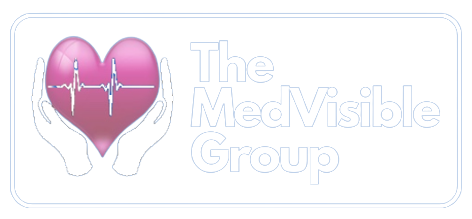Recessionary Pressure & High Inflation
August 16, 2023
In today's dynamic healthcare landscape, the convergence of recessionary pressures and persistent high inflation rates has introduced new challenges. As a seasoned Healthcare Management consulting firm, we understand the intricate relationship between economic fluctuations and healthcare quality. This article delves into the observations, industry trends, risks, benefits, and actionable insights to help healthcare companies navigate these turbulent waters while keeping patient-centricity at the forefront.
Observations & Industry Trends:
The current economic scenario has witnessed a delicate dance between recessionary pressure and soaring inflation rates. In this context, the healthcare sector's vulnerability to economic fluctuations becomes evident. We've observed that during recessions, healthcare spending patterns tend to shift, with patients becoming more selective about seeking care, often postponing non-essential procedures. Simultaneously, the rising costs of medical supplies, pharmaceuticals, and operational overheads due to inflation further strain healthcare providers' financial stability.
Impact on Healthcare Quality:
The intertwining of recession and high inflation poses a dual threat to healthcare quality. As providers face budget constraints, maintaining optimal patient care becomes challenging. Staffing shortages, reduced resources, and potential cuts in training programs can impact the overall patient experience and clinical outcomes. Additionally, the pressure to cut costs might lead to a trade-off between efficiency and quality.
Potential Risks:
The risks inherent in this economic climate are multifaceted. Reduced access to care due to postponed treatments could lead to deteriorating patient health, potentially resulting in higher treatment costs down the line. The strain on healthcare budgets might lead to underinvestment in technological advancements and process improvements, hindering long-term growth and innovation.
Potential Benefits:
While the challenges are evident, there are also opportunities for proactive healthcare organizations. Adversity often fosters innovation. Recessions and inflation can incentivize healthcare providers to streamline operations, optimize resource utilization, and embrace digital health solutions. These measures can enhance efficiency and potentially lead to cost savings without compromising patient care.
Preparing for the Future:
As experienced consulting professionals, we emphasize a patient-centric approach to prepare for the challenges ahead. Engaging both healthcare industry requirements and patient perspectives is vital. Our recommendations include:
1. Operational Efficiency: Identify areas for process optimization to ensure resource utilization aligns with patient needs.
2. Innovation Investment: Strategically allocate resources to adopt technologies that improve patient care and operational efficiency.
3. Patient Communication: Transparently communicate changes to patients, ensuring they understand the steps taken to maintain high-quality care.
4. Risk Management: Develop contingency plans to address potential revenue shortfalls while safeguarding patient care standards.
5. Data-Driven Insights: Leverage data analytics to make informed decisions that balance cost-saving measures with optimal healthcare quality.
In conclusion, the intertwining of recessionary pressure and high inflation rates underscores the need for adaptability and innovation in healthcare management. By proactively addressing challenges, healthcare organizations can not only weather economic storms but also elevate the quality of care they provide, solidifying their position in a competitive industry.
Remember, our experienced consulting professionals are here to guide you through these uncertain times, combining industry expertise with patient-centered insights to ensure a resilient and patient-focused healthcare future.
